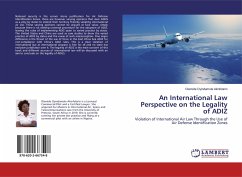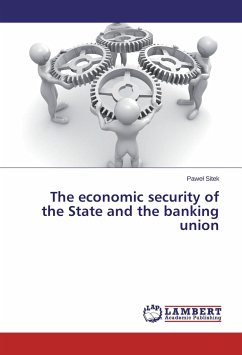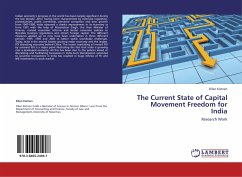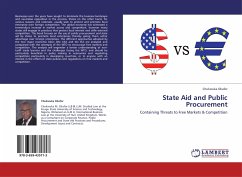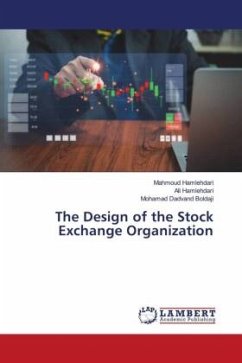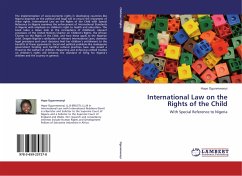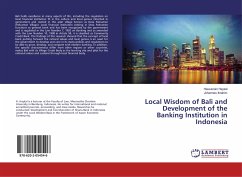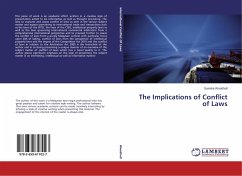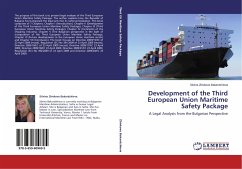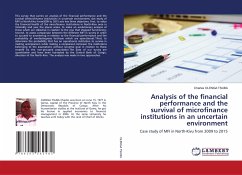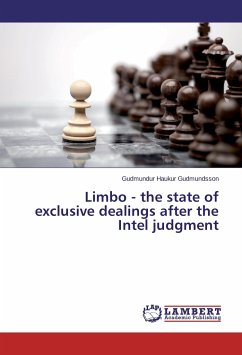
Limbo - the state of exclusive dealings after the Intel judgment
Versandkostenfrei!
Versandfertig in 6-10 Tagen
24,99 €
inkl. MwSt.

PAYBACK Punkte
12 °P sammeln!
The modernization of Article 102 of the Treaty on the Functioning of the European Union (TFEU), is the last piece of the puzzle, which started over fifteen years ago, when the rules governing EU competition law went through a modernization. However, some types of exclusionary abuses have a long way to go, and undertakings in a dominant position might argue that the current situation is unsound. Exclusivity dealings is a prime example, as the current situation, developed through case law nearly 40 years ago, focuses on form rather than function of conduct. Therefore, the EU Courts and the Commi...
The modernization of Article 102 of the Treaty on the Functioning of the European Union (TFEU), is the last piece of the puzzle, which started over fifteen years ago, when the rules governing EU competition law went through a modernization. However, some types of exclusionary abuses have a long way to go, and undertakings in a dominant position might argue that the current situation is unsound. Exclusivity dealings is a prime example, as the current situation, developed through case law nearly 40 years ago, focuses on form rather than function of conduct. Therefore, the EU Courts and the Commission are under pressure to alter their jurisprudence and incorporate a more effect-based approach towards exclusivity dealings. Then the question arises, will the Courts continue to resist, or will they embrace the more effect-based approach towards exclusivity dealings?



